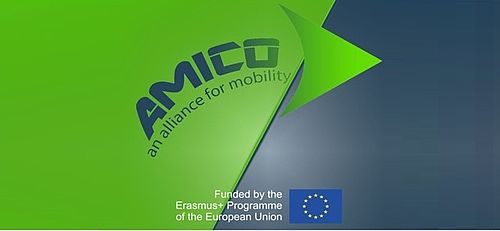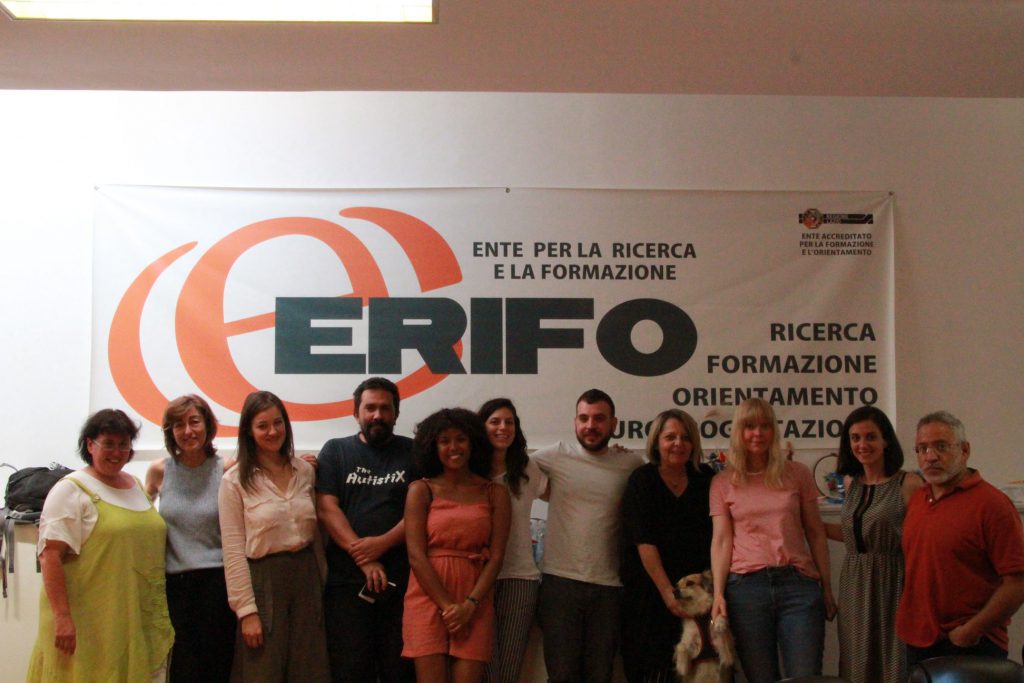Project “AMICO” – An Alliance for Mobility Incoming and Outgoing
Development and implementation of counselling and guidance training in the European context
The AMICO project, which started in September 2015 and involved 4 European countries (Italy, Germany, Spain and the United Kingdom) and 10 organisations of various types, including universities, training and research centres, employment centres, ICT companies, etc., has almost come to an end.
Smallcodes is proud to have taken part in this interesting project, funded through the Erasmus+ programme, and to have given its small contribution towards achieving an important and increasingly necessary objective: increasing labour mobility in EU countries.

In fact, although surveys show that Europeans have a high propensity for job mobility, supported by a steady increase in subscriptions to the EURES portal, the rates of job mobility in Europe are still low. It was therefore necessary to propose and promote strategies, tools, methodologies and actions aimed at strengthening labour mobility within Europe. This is where the AMICO project comes in.
The main objective of the project is to facilitate and stimulate labour mobility within Europe. For this purpose, a set of tools has been developed to strengthen the competences that best match at international level:
– provide processes and procedures to implement and manage a service dedicated to intra-EU labour mobility;
– create an innovative curriculum for the Job Mobility Counselors to increase the level of specialization of the Job Counselors, especially with regard to international job placement.
The project provides a particular focus on the ICT sector, a field in which the misalignment between labour demand and supply is increasing exponentially. In any case, the modular structure of the curriculum and the toolkit proposed within the project will easily allow its adaptation to any sector of the labour market.
The partnership that implemented the project is represented by an alliance between universities, ICT companies and employment-counselling services. Each component brought key knowledge and experience to the project, essential to ensure a comprehensive and cross-sectoral approach. Due to the transnational nature of the topic on which the project is focused, the participation of partners from different countries is crucial. Only the exchange of information, experiences, skills and knowledge from different EU countries and sectors can ensure the effectiveness and appropriateness of the products and can effectively contribute to the realisation of labour mobility within the European Union.


